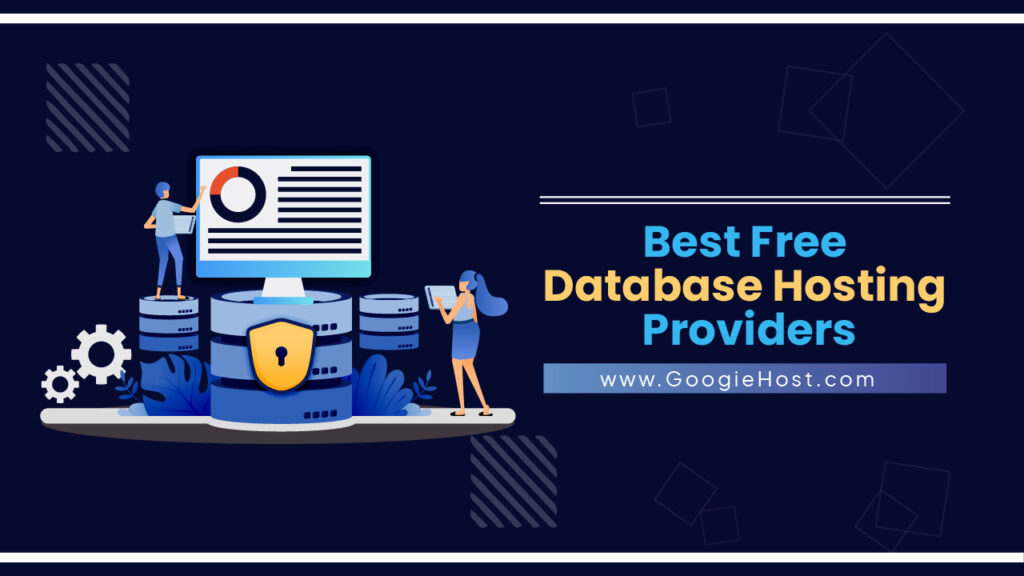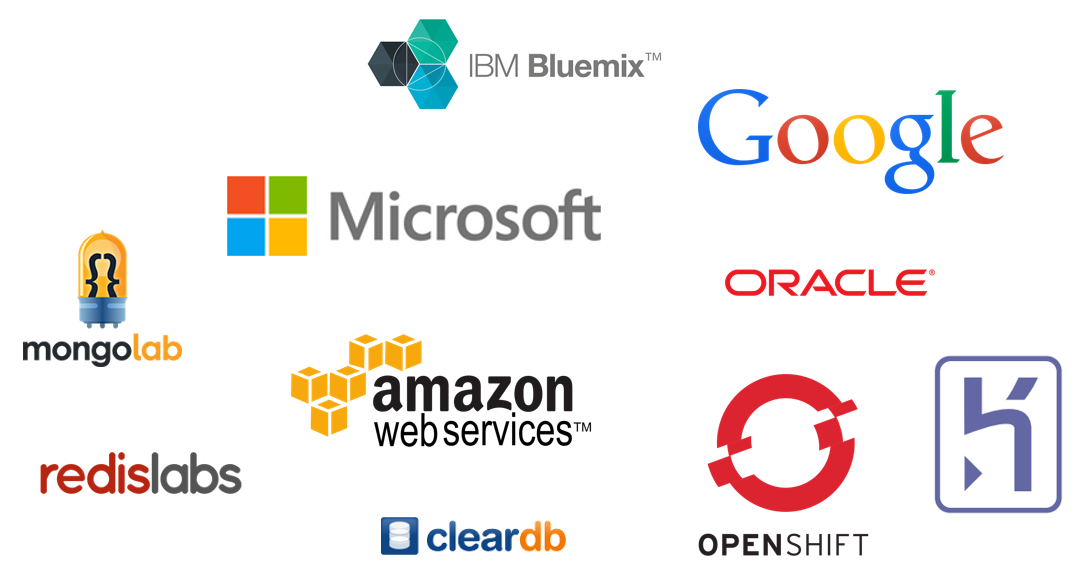Secret Elements to Seek in a Database Provider for Startups
Trick Features to Try To Find When Selecting a Database copyright
Choosing a data source service provider is an essential decision that can substantially impact your organization's data and operations administration strategy. Among the necessary features to think about are scalability choices, which make certain that your system can adapt to growing demands. Protection measures, performance metrics, and client assistance additionally play pivotal roles in this examination procedure. As you consider these variables, it becomes obvious that the selection is not just about functionality however likewise regarding straightening with your long-term vision. What other considerations might influence this vital choice?
Scalability Options
When choosing a data source company, comprehending scalability choices is vital to making sure that the selected service can accommodate future growth. Scalability refers to the capacity of a data source system to expand its capacity and performance in response to raised need. There are 2 main kinds of scalability: vertical and straight.
Upright scalability, or "scaling up," includes enhancing a solitary web server's resources, such as CPU, RAM, or storage space. This technique can be simple and cost-effective for smaller applications yet may reach a restriction where even more upgrades are impractical or as well expensive.
Straight scalability, or "scaling out," involves including much more web servers to distribute the lots. This method allows for greater adaptability and can fit substantial rises in information volume and user website traffic (database provider). It is specifically advantageous for cloud-based data source solutions that can dynamically allocate resources based on need

Protection Steps
.png)
When reviewing protection actions, consider the implementation of file encryption procedures (database provider). Data-at-rest and data-in-transit file encryption are necessary to make certain that sensitive information continues to be safeguarded, also in the occasion of a safety and security breach. Additionally, seek service providers that provide strong authentication mechanisms, such as multi-factor verification (MFA), to better boost access control
Regular protection audits and conformity with market standards, such as GDPR or HIPAA, are a measure of a company's commitment to information security. Additionally, ask about their event action plan; a durable plan can decrease the impact of any kind of potential security case.
Performance Metrics
Reviewing efficiency metrics is vital for organizations to ensure that their selected database provider fulfills functional needs. Secret efficiency metrics include response throughput, time, and scalability, which jointly determine the efficiency of database procedures under varying loads.
Reaction time is important, as it reflects exactly how quickly the database can process queries and return outcomes. Organizations should try to find metrics that show average action times throughout optimal and off-peak hours. Throughput, often measured in purchases per second (TPS), gives understanding into the database's capability to manage high quantities of demands without efficiency deterioration.
Scalability analyzes the data source's capability to expand with the company's demands. A durable database copyright must demonstrate straight and vertical scaling capacities, enabling seamless modifications as demands vary. Additionally, recognizing latency, particularly in distributed systems, can assist organizations examine the responsiveness of the data source throughout different geographical locations.
Customer Support
Dependable customer assistance is a foundation of effective database administration, supplying companies with the assistance required to optimize and fix issues performance. When selecting a database copyright, reviewing the level of client assistance they provide is essential. A robust support group should consist of several channels of interaction, such as phone, email, and live conversation, making sure that individuals can access help whenever they require it.
Additionally, receptive support teams that are available 24/7 substantially improve the reliability of the database service. Prompt action times and efficient resolution of problems can significantly reduce downtime and boost general performance. It is likewise helpful to think about the availability of committed support personnel, that can use tailored aid based on an organization's certain needs.

Rates Structure
When taking into consideration a database provider, the rates structure is an essential aspect that can considerably impact an organization's budget and total approach. A adaptable and transparent rates model is vital for aligning the data source costs with company demands - database provider. Organizations should evaluate whether the rates is based upon usage, per user, or a flat price, as each design can generate different financial ramifications over time
It is important to evaluate any type of added expenses connected with the supplier's solutions, such as data storage charges, deal costs, and assistance costs. Some carriers may use tiered rates, allowing scalability as the organization expands, while others may enforce stringent limits that could end up being pricey as information requirements enhance.
Moreover, organizations ought to think about the long-term value of the database option. While reduced initial costs can be appealing, they might not make up future upgrades, maintenance fees, or integration prices. Performing an extensive cost-benefit analysis will certainly aid determine the most appropriate prices framework that balances performance, scalability, and assistance, ultimately guaranteeing that the picked data source company aligns with the organization's functional and financial objectives.
Verdict
In final thought, choosing a database copyright necessitates mindful factor to consider of different important features. Assessing performance metrics makes it possible for the identification of reliable databases, and available customer support enhances the general customer experience.
Choosing a database service provider is a crucial decision that can considerably influence your organization's procedures and data administration method.When selecting a data source company, recognizing scalability options is important to ensuring that the selected solution can fit future development. When selecting a database copyright, assessing the degree of customer support they provide is essential.When thinking about a data source provider, the pricing structure is an essential aspect that can dramatically affect an organization's spending click to find out more plan and general technique. Performing an extensive cost-benefit evaluation will certainly assist identify the most suitable rates framework that stabilizes efficiency, scalability, and support, inevitably making sure that the chosen database supplier lines up with the organization's financial and functional objectives.